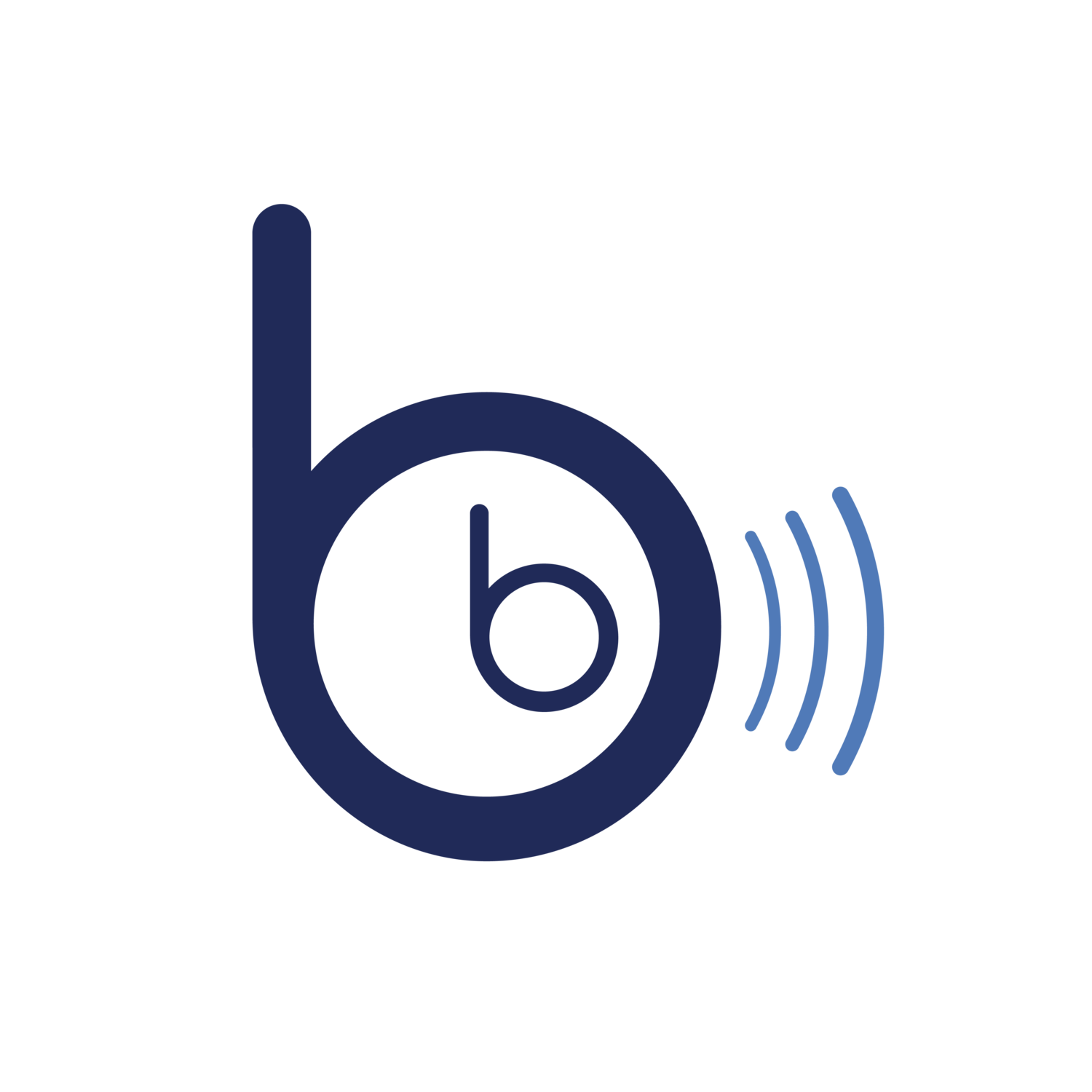How to Take a Break Without Taking PTO
Let's start with a disclaimer: We recognize there is no replacement for totally disconnecting from work for an extended period of time. It’s something we encourage every team member of BB Imaging to do. Sometimes things don’t go as planned, and vacation time gets used in ways we didn’t intend. This post is for those starting with little to no PTO who want to find ways to avoid burnout.
Thankfully, there are ample opportunities to take a break without using vacation time that can improve your health and well-being, lighten your mood and outlook, and even increase your productivity.
Take Mini-Breaks at Work
Yes—take breaks while you’re at work! The human body and mind aren’t designed to work nonstop. In fact, the more you push yourself, the less productive, creative, and efficient you’ll be. Recent research shows that taking a few minutes in the middle of the day to stretch, walk around, or do a short meditation leads to less fatigue. If the idea of taking a break at work is uncomfortable, start small by simply closing your eyes for a few moments during the day to minimize digital and sensory overload. As you get more comfortable with breaks, check out this list from The Muse for more ideas.
Disengage at the End of the Workday
We understand you’re probably not done working, even though the workday is over. But if you can, or as much as you can, gently put your responsibilities off to the side for a few minutes when you get home and give yourself time to unwind before tackling the next honey-do. Research suggests this downtime will not only help you feel less fatigued but will help you engage more at work and have more energy when you leave at the end of the day. Try using this time for exercise, listening to music or a podcast, or simply laying down and closing your eyes.
Make the Most of Days Off
Whether you get regular weekends or sporadic days off, make the most of them. If your days off typically consist of Netflix binges, you might want to rethink your strategy. Recent research indicates active leisure leads to a more positive mood than passive leisure. That means days off should be filled more with enjoyable hobbies, exercise, conversation, etc. than with streaming binges and endless scrolling.
So, what do you enjoy doing? Leisure activities are not one-size-fits-all and should align with your personality and goals. Introverted? Try time alone reading. Extroverted? Try scheduling lunch with friends. Crafty? Pick up your tool of choice and create something new. Sporty? Pop on a video from your favorite trainer. Curious? Find a short class or course and learn something new. You get the picture. The key here is to be actively engaged in something you enjoy.
Take Advantage of Vitamin N
Heard of Vitamin N? Don’t go searching for a supplement. We’re talking about nature. All our time indoors isn’t necessarily good for us, and a growing body of research shows that time in nature provides a whole host of benefits, including decreased stress, tension, and anxiety. In addition, a healthy dose of Vitamin N increases relaxation, promotes healing, leads to better mental health, and fosters feelings of peace and well-being.
During the workday, try a short walk outside. If the weather isn’t good, find a window to have lunch beside and enjoy the view for a while. After work, try taking your exercise outdoors. Consider backyard yoga, walking your pet, or playing tag with the kids. On days off, find yourself outside on a day trip hike, in the yard for a picnic, or browsing a magazine in a hammock on the back patio. There’s no wrong answer here. As long as you’re engaging and enjoying the nature around you, you’ll reap the benefits of the great outdoors.
Disconnect from Digital
And now a quick word about the quiet enemy of relaxation—screen time. While a full-fledged digital detox might not be practical for you, the more time you spend away from the screen, the better. Checking emails, scrolling through social media, and getting caught in the news cycle are sure-fire ways to undermine your break time.
During mini-breaks, leave your phone in your desk drawer. After work, try setting your phone on silent for 15-30 minutes and resist the temptation to pick up the TV remote. On days off, try setting a timer to limit your social scroll or leave the phone in another room for the day (you can turn the volume way up if you’re worried about missing an emergency call).
We hope these ideas help you take some time for yourself, even if you can’t take a vacation. If you have any other suggestions on how to take a break without using PTO, we’d love to hear them! Oh, and do your overworked friend a solid—share this article with them.

